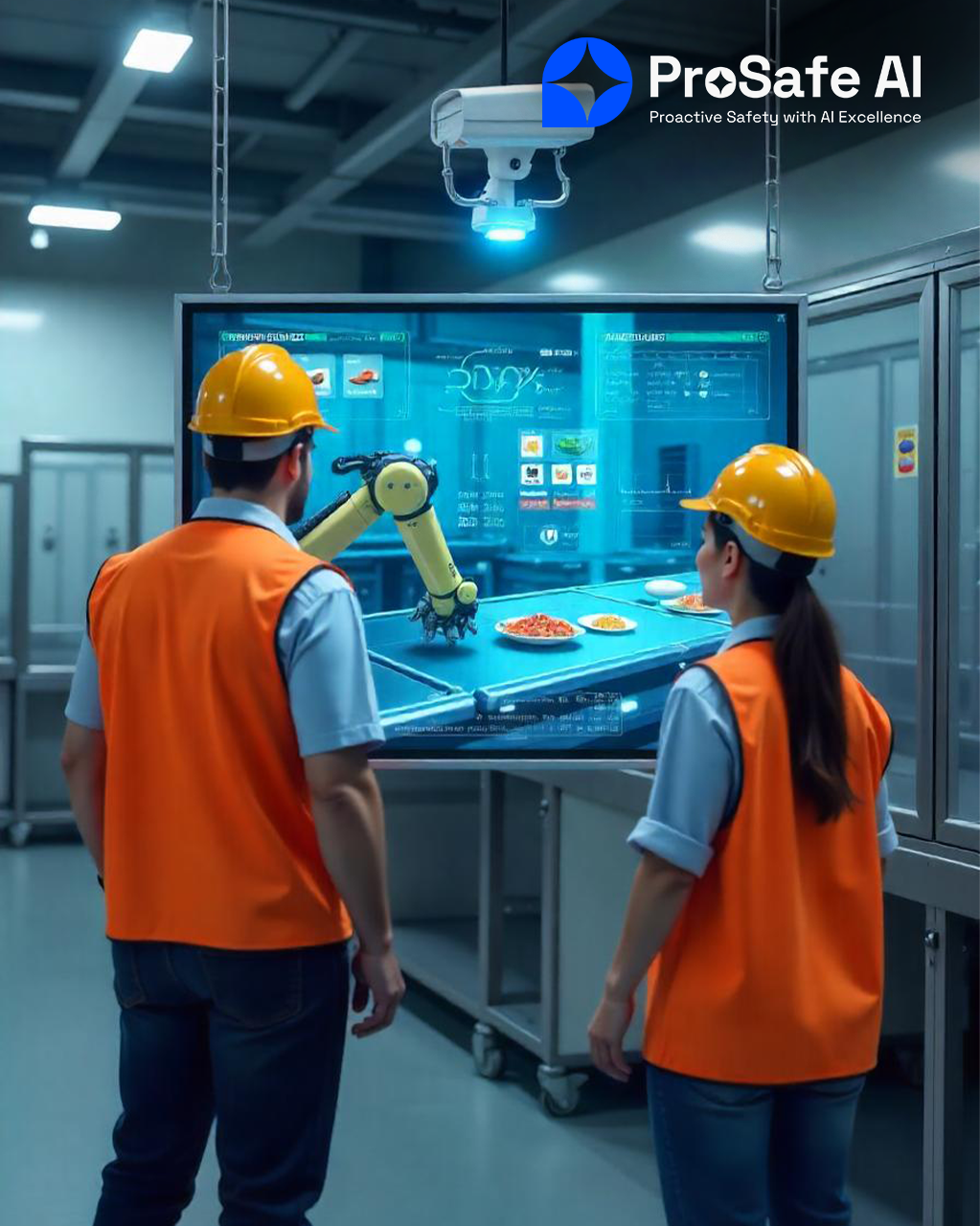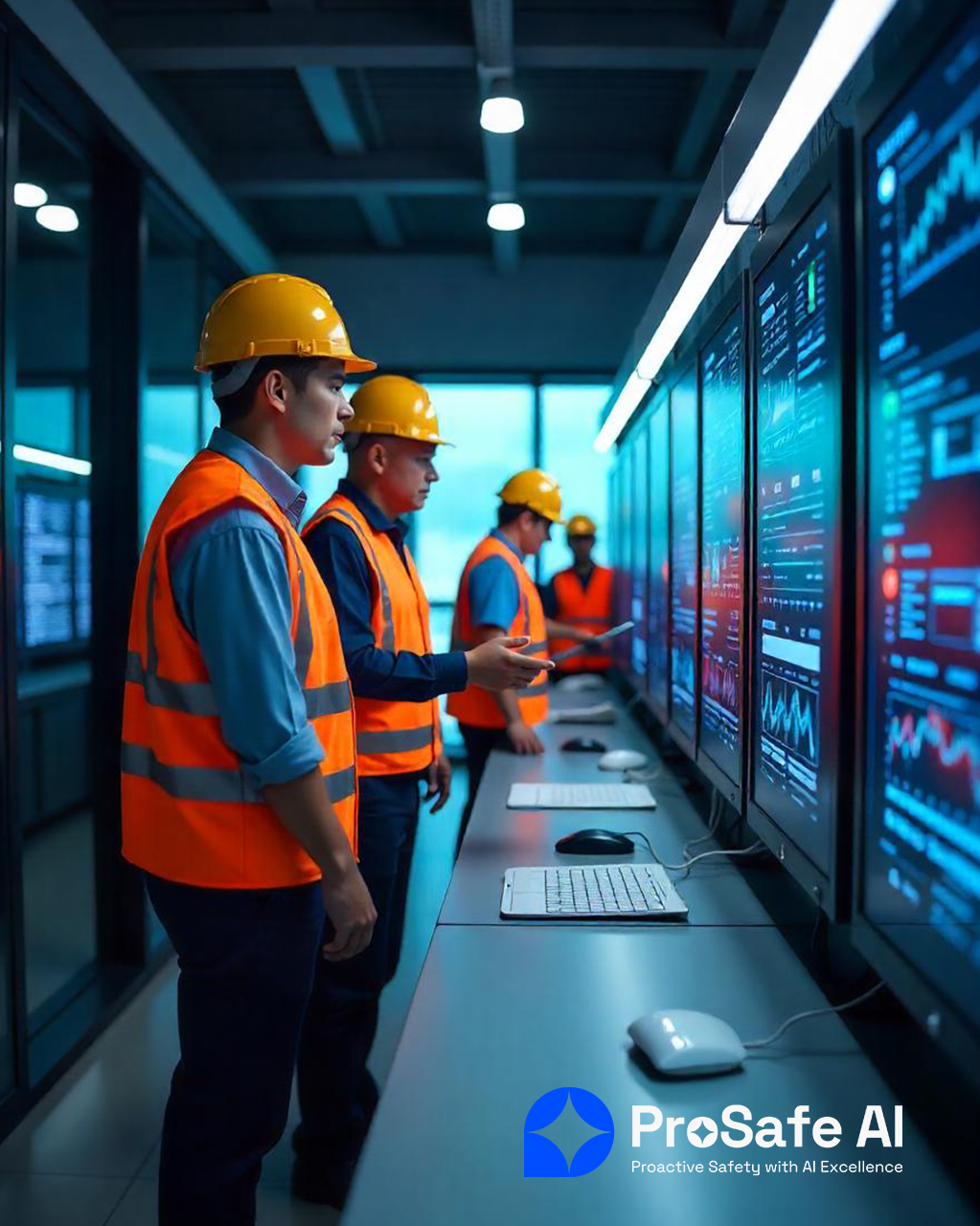In today's rapidly evolving technological landscape, the integration of Artificial Intelligence (AI) with Health, Safety, and Environmental, (HSE) practices is proving to be a transformative force for companies and their employees. This synergy is redefining workplace safety, enhancing operational efficiency, and fostering a healthier environment across various industries. AI's significant role in HSE management is highlighted by its ability to analyze extensive datasets and predict future outcomes. For example, in manufacturing, AI can leverage sensor data and historical trends to foresee potential chemical leaks or equipment malfunctions before they escalate. Real-time monitoring systems powered by AI continuously collect environmental data and trigger alerts to prevent safety incidents and minimize damage. Beyond predictive analytics, AI optimizes operational processes by forecasting equipment failures and scheduling preventive maintenance, reducing downtime and preventing accidents. It also analyzes workflow data to identify inefficiencies, leading to streamlined processes that boost both productivity and safety. AI revolutionizes safety training by personalizing onboarding and training programs. For instance, Guildhawk’s multilingual digital human avatars enable companies to deliver training in multiple languages, enhancing workers' understanding and adherence to safety protocols and improving safety behaviors in hazardous environments. However, AI in HSE faces challenges such as the quality and accuracy of training data, which can lead to flawed predictions. Guildhawk addresses this by providing a clean and curated data lake specifically for HSE applications, ensuring reliable AI outputs. Another challenge is the lack of transparency in some AI algorithms, which can cause mistrust. Guildhawk collaborates with developers to create explainable AI systems, fostering trust and allowing HSE professionals to understand the underlying processes. As AI technology evolves, it promises a safer and more efficient industrial landscape, addressing ethical and legal considerations while enhancing workplace safety and productivity. By adopting AI responsibly, companies can create a future where worker safety and well-being are central to their operations, leading to a thriving and sustainable industrial environment.
AI in HSE: A New Era for Workplace Safety and Health

Recent Posts

April 30, 2025
Implementing AI for Food and Beverage Industry Safety

April 23, 2025